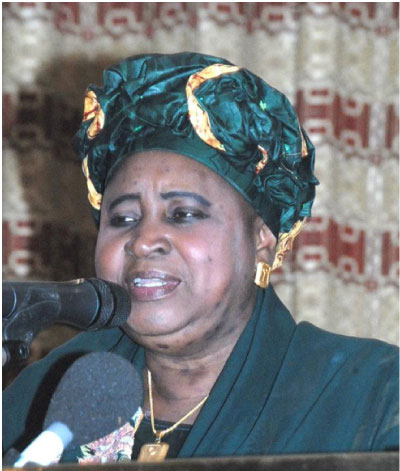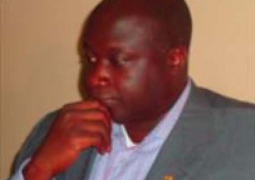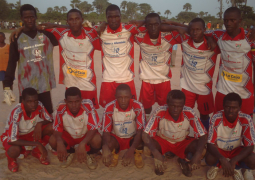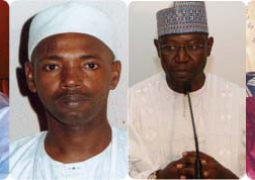
Out of this, the amount of IFAD lending corresponded to US$73.1 million, she said, adding that other contributions to the portfolio were provided by the fund in the form of regional grants.
VP NJie-Saidy further said the counterpart contribution by the Gambia government and project beneficiaries accounted for US$99.5 million.
She was speaking at a daylong validation workshop of the country Programme Evaluation Report conducted by the IFAD Independent Evaluation office, held yesterday at the Kairaba Beach Hotel.
The forum was organised by the Ministry of Finance and Economic Affairs in collaboration with the Independent Evaluation office of IFAD.
The roundtable forum was held to present the conclusion and recommendation of the Independent Evaluation office of IFAD country strategy and programmes in The Gambia.
According to VP Njie-Saidy, the cooperation between IFAD and the Gambia government dates back to 1982 and involved loans, grants and non-lending activities, including knowledge management, policy dialogue and partnership building.
She said IFAD had supported ten projects and programmes at a total project cost of US$196.8 million and, out of this, the amount of IFAD lending corresponded to US$73.1million; and other contributions to the portfolio were provided by the Fund in the form of regional grants.
The counterpart contribution by the Gambia Government and project beneficiaries, she noted, accounted for US$99.5 million.
The African Development Bank, the World Bank, the International Development Association, Islamic Development Bank, the World Food Programme, and the governments of The Netherlands, Germany, Italy and Spain have participated in IFAD’s funded projects since the beginning of IFAD’s operation in the country, she further stated.
“The Gambia’s development agenda is enshrined in the country’s Vision 2020, which seeks to transform The Gambia into a dynamic middle income country, socially, economically and scientifically over a 25-year period,” she said.
The objectives of IFAD’s evaluation are to assess the performance and impact of IFAD-supported operations in the country, and generate a series of findings and recommendations that serve as building blocks for the future cooperation between IFAD and the Gambia government, VP Njie-Saidy stated.
She further noted that the country programme evaluation traditionally covers IFAD’s operation over a period of approximately ten years, taking into account evolving objectives of the portfolio and change in priorities of the government.
The evaluation, she said, covers IFAD’s cooperation between 2004 and 2014 and takes account of evolving approaches, as well as assesses the results and impact of IFAD-supported operations since the COSOP approval.
The outcome of the evaluation would contribute meaningfully to the national development objectives of the government, by enhancing agriculture and rural development policies and the needs of the poor.
“It will also impact on the sustainability of development interventions, assessing whether benefits of projects are likely to continue after the completion of IFAD assistance, including prospects for innovation, replication and scaling up gender equality and women empowerment.”
The Vice President challenged the participants to critically review the report, and provide candid and genuine suggestions that would not only enrich, but ensure that they develop a document that meets international standards.
“It is my conviction that participants will work hard to effectively review the report, with a view to identifying major areas for closer collaboration between the Gambia government and IFAD as a means for the sustainable development of the country, in general, and the agriculture sector, in particular.”
The Minister of Finance and Economic Affairs, Abdou Kolley, emphasised the need for the participants to critically look at the report and make suggestions, and “not to be defensive” but take and turn challenges into opportunities and carve the way forward for a better future.




